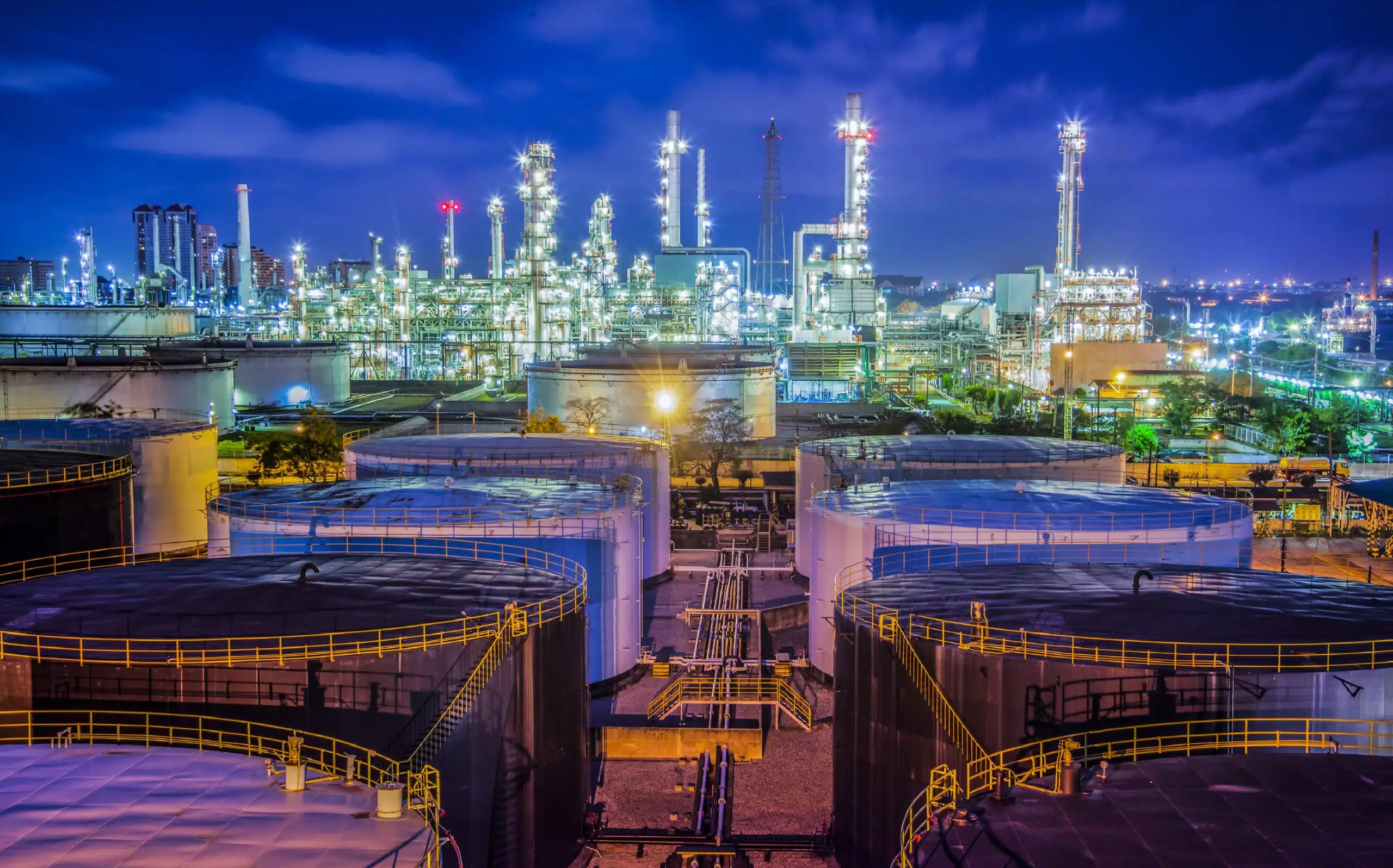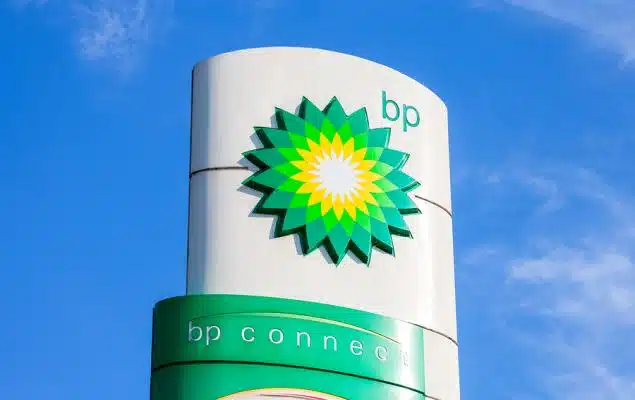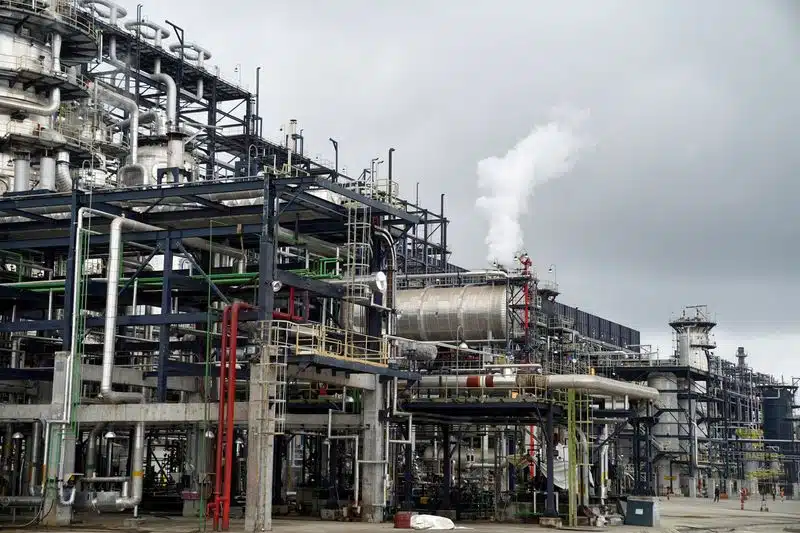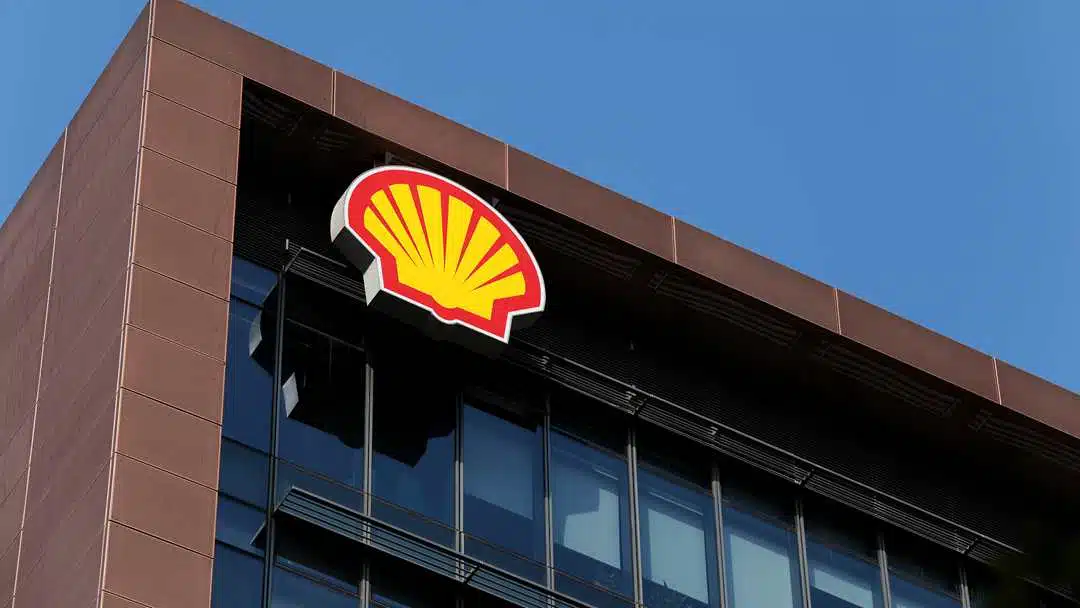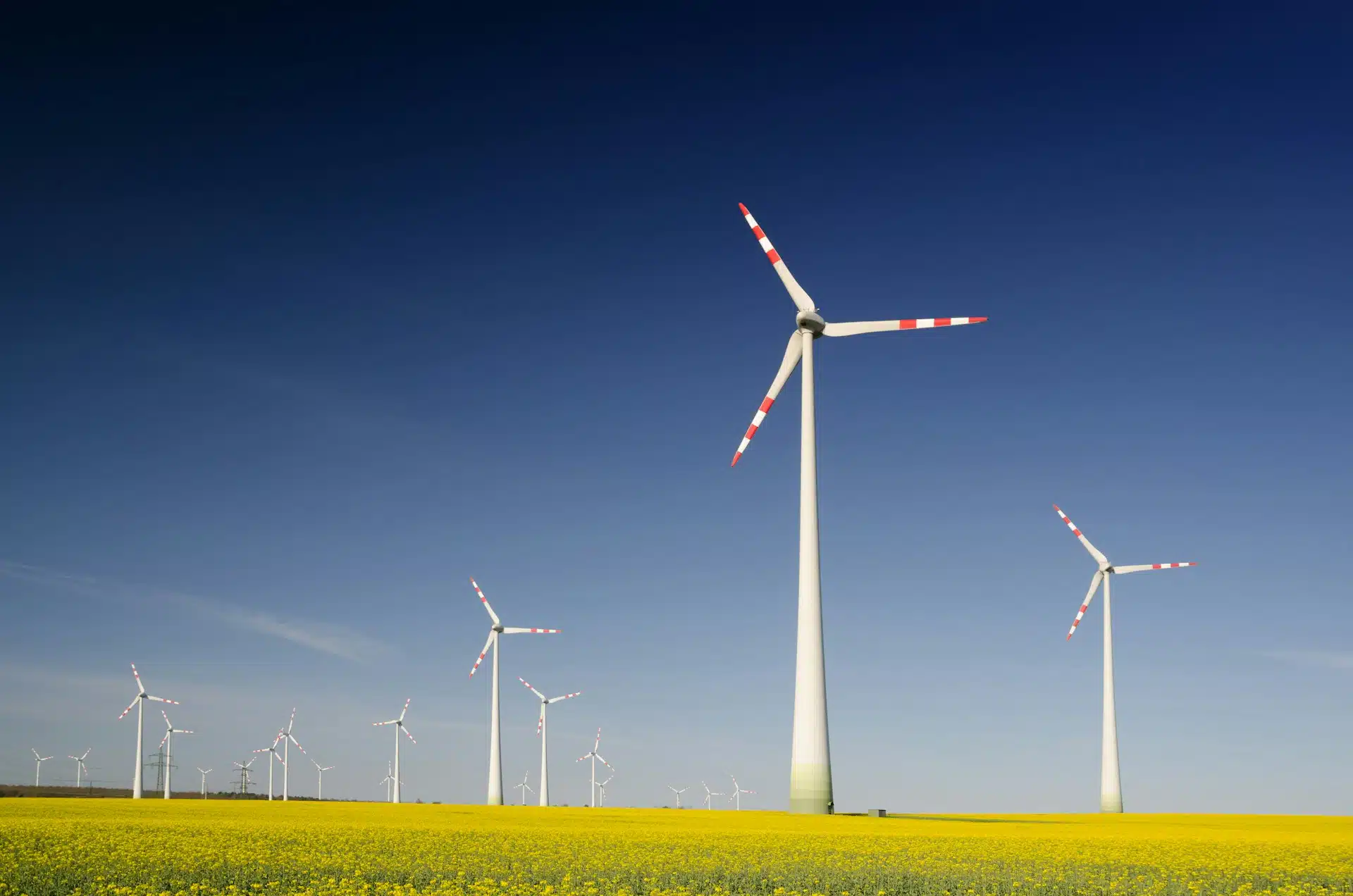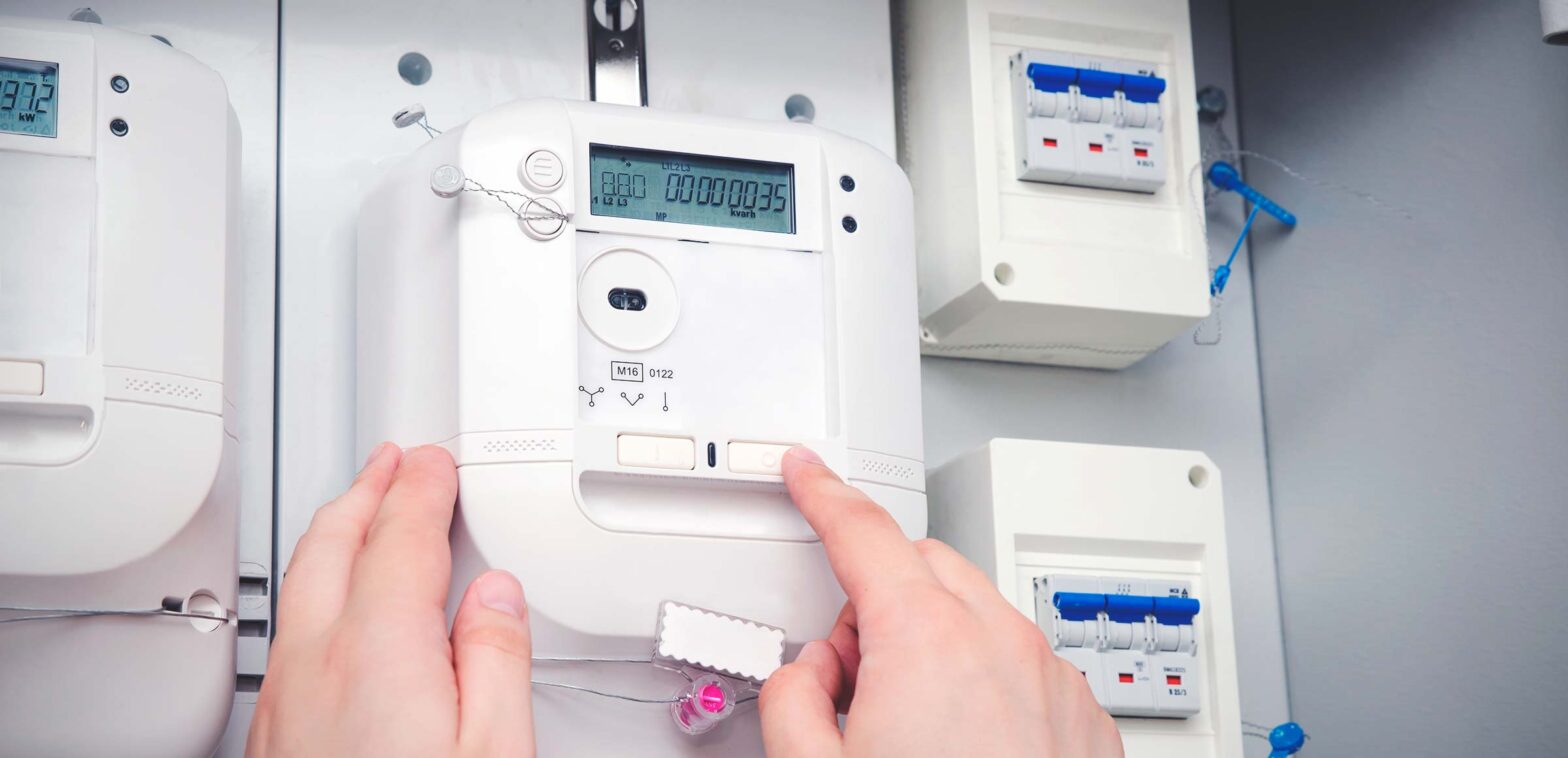The Ghanaian government has re-echoed its commitment to a comprehensive decade-long plan to construct three new oil refineries, five petrochemical plants, and ten tank farms, in what is seen as a major shift in the nation’s hailing energy sector in years.
This was made known by the country’s deputy minister for energy and green transition Richard Gyan-Mensah at the ongoing 2025 Invest in African Energies, Accra Investor Briefing.
Richard said the planned facilities will help Ghana process its petroleum resources domestically as well as strengthen its role as a leading petroleum processing hub in West Africa by 2036.
The projects will cost a total of $60 billion and will be executed in three phases between 2025 and 2036 across the Jomoro Municipality of the Western Region.
The first phase, with an estimated investment of $12 billion, includes:
- A 300,000 barrels-per-day (bpd) oil refinery
- A 90,000 bpd petrochemical plant
- Storage facilities with a capacity of 3 million cubic meters
- A jetty and port infrastructure
The projects will span thousands of acres in the Region.
“A 20,000-acre piece of land has already been secured in Jomoro in the Western Region for the construction of these facilities. The government is committed to providing basic infrastructure such as roads, water and electricity in the area to accelerate the development,” he said.
The project is private sector-led and is overseen by the Petroleum Hub Development Corporation (PHDC),
The project is being developed by the TCP-UIC Consortium, comprising Touchstone Capital Group Holdings, UIC Energy Ghana Ltd, China Wuhan Engineering Co. Ltd, and China Construction Third Engineering Bureau Co. Ltd
Upon completion, the petroleum hub is expected to significantly boost Ghana’s economy.
Projections indicate a potential increase in Gross Domestic Product (GDP) by up to 70% by 2036.
The project was commissioned by the last administration and aims to create approximately 780,000 direct and indirect jobs, fostering local employment and skill development.
In August, former President Nana Akufo-Addo directed the PHDC and the Ministry of Energy to train about 200,000 Ghanaians, especially those from the Jomoro area to ensure local inclusion.
He was also keen on the need to meet environmental standards and protect local biodiversity.
Ghana’s current oil production stands at approximately 132,000 bpd of crude oil and about 325 million standard cubic feet per day of natural gas.
The country’s energy sector faces a debt crisis, with its two main crude oil refineries—Tema and Sentuo—embroiled with operational challenges.
The new refineries and petrochemical plants will not only meet domestic demand but also position Ghana as a key exporter of refined petroleum products and petrochemicals in the region.
Given its strategic location along the Gulf of Guinea, the ministry says the Jomoro hub will facilitate efficient distribution to neighbouring countries, reducing reliance on imported fuels and enhancing regional energy security.

